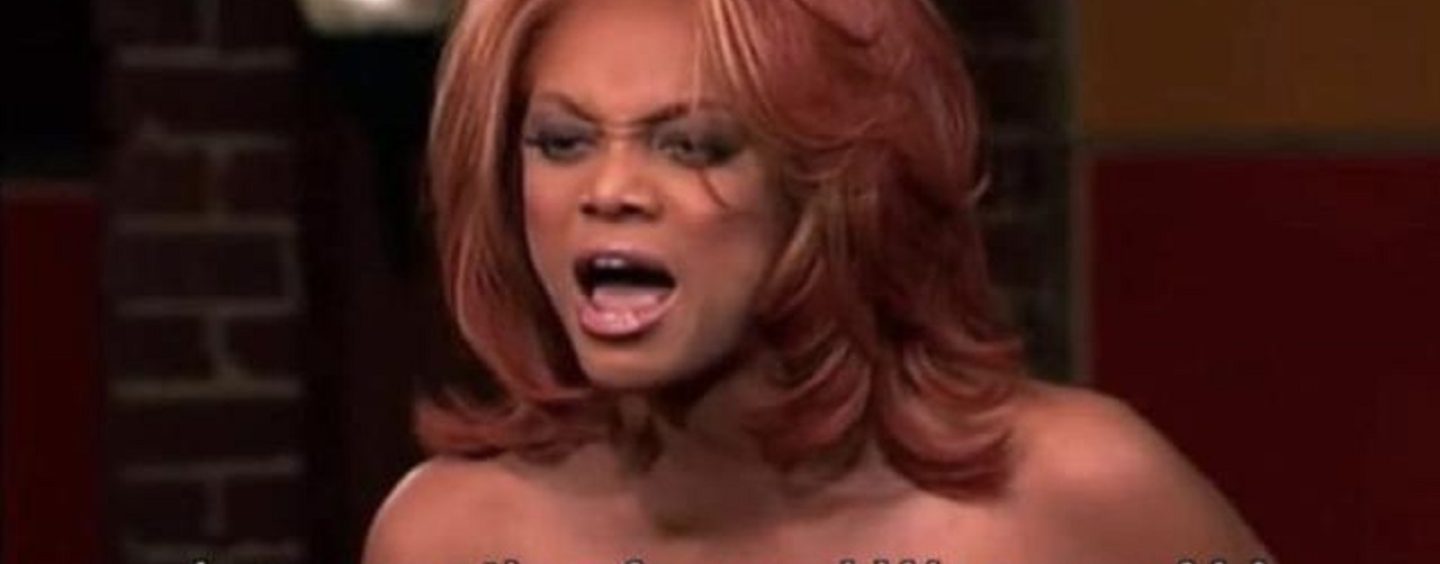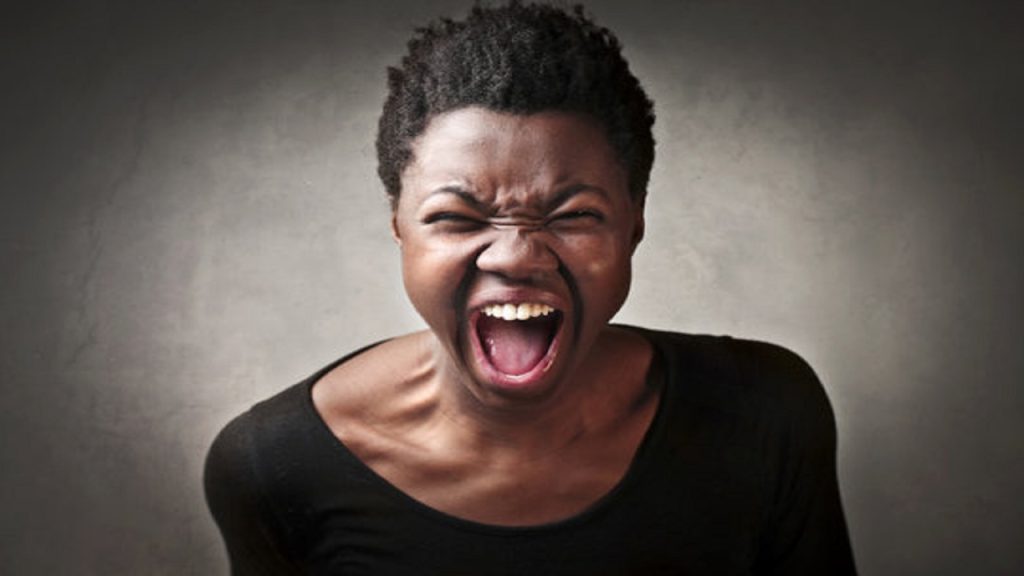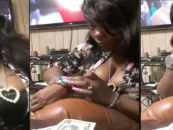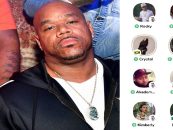
Should We Feel Sorry For Black Women Because They Are Truly Depressed And Mentally Unstable? (Live Broadcast)
by Tj Sotomayor June 6, 2023 0 commentsNot All Of Course, But Some!
By: Tommy “Tj” Sotomayor
Strong Black Women Are Allowed to Have Depression, Too

I’m a Black woman. And often, I find I’m expected to possess unlimited strength and resilience. This expectation puts immense pressure on me to uphold the “Strong Black Woman” (SBWM) persona you often see portrayed in pop culture.
The SBWM is the belief that Black women can handle anything that comes their way without it having an emotional impact on them. The SBWM prevents Black women from showing vulnerability and tells us to “get over it” and “get it done” regardless of the mental and physical toil.
Until recently, it’s safe to say that society has paid little attention to the mental health needs of African-Americans. But both Black communities and non-Black communities have contributed to the problem.
Recent research suggests that this group is 10 percent more likely to struggle with serious mental health issues than non-Hispanic whites. Along with a higher potential for issues, Black Americans also report some of the lowestTrusted Source levels of mental health treatment. Cultural components like stigma, systemic components like income inequality, and stereotypes like the SBWM all play a role in the low levels of treatment among Black Americans.
Black women deal with many unique societal factors that could affect mental health. As a Black woman who deals with anxiety and depression, I often feel “weak” due to my emotional fragility. But as I grow more in my understanding of mental health, I’ve realized my struggle doesn’t negate my strength.
And, more importantly, that I don’t always have to be strong. Expressing vulnerability takes strength. I accept this today, but it’s been a long journey to get here.

‘Black people don’t get depressed’
I knew I was unique early on. I’ve always been creative and have always been in constant pursuit of knowledge. Unfortunately, like many other creatives throughout history, I often find myself dealing with depressive spells. Since childhood, I’ve always been prone to extreme sadness. Unlike for other children, this sadness would often occur suddenly and unprovoked.
At that age, I had no understanding of depression, but I knew it was abnormal to suddenly switch from feeling extremely extroverted to isolated. I didn’t hear the word depression for the first time until I was much older.
It didn’t take long to realize it wasn’t a word I was expected to identify with.
After realizing that I might have depression, I faced a new struggle: acceptance. Everyone around me did their best to prevent me from identifying with it.
And it was most often followed by directions to read the Bible. I’ve heard “The Lord wouldn’t give us more to deal with than we can bear” more times than anyone should hope. Within the Black community, if you feel bad for too long, you’re told it’s something you need to work harder to pray out of you. So, I prayed.
But when things didn’t improve, I was faced with even more negative feelings. The ideal that Black women don’t struggle with universally human emotions perpetuates the idea that we’re impenetrable.
And pretending we’re superhuman is killing us, argues Josie Pickens in her article “Depression and the Black Superwoman Syndrome.” Striving to meet this ideal, I found myself — again — defined by the stereotype of what it does and doesn’t mean to be Black.
Chronic sadness
Being bullied at school made matters worse. I was labeled as the “other” at an early age. The same stereotypes that banned mental health discussions made me an outcast.
I learned to cope by withdrawing socially and avoiding large crowds. But even years after the bullying ceased, the anxiety stayed and followed me into college.
Acceptance in counseling
My university prioritized the mental health of its students and gave each of us 12 free counseling sessions a school year. Since money was no longer an obstacle, I was given the chance to see a counselor without worry.
For the first time, I was in an environment that didn’t limit mental health issues to a specific group. And I used that opportunity to talk about my issues. After a few sessions, I didn’t feel so “other” anymore. Counseling taught me to normalize my experiences with depression and anxiety.
My decision to go to counseling in college helped me understand that my struggles with anxiety and depression didn’t make me less than anyone else. My Blackness doesn’t exempt me from mental health concerns. For African-Americans, exposure to systemic racism and prejudice increases our need for treatment.
There’s nothing wrong with me being a depression- and anxiety-prone individual. Now, I see my mental health issues as another component that makes me unique. I find the greatest inspiration in my “down days,” and my “up days” are easier to appreciate.
Accepting my struggles doesn’t mean they aren’t hard to deal with in the moment. When I have really bad days, I make a priority to talk to someone. It’s important to remember the negative things you hear and feel about yourself during depressive spells aren’t true. African-Americans, in particular, should make an effort to seek assistance for mental health issues.
I’ve made the choice to manage my symptoms without medication, but I know many others who decided medication will better help them manage symptoms. If you find yourself dealing with chronic sadness or negative emotions that are taking a toll on you, talk to a mental health professional to find the course of action that’s best for you. Know that you are not the “other” and you are not alone.
Mental health disorders don’t discriminate. They affect everyone. It takes courage, but together, we can break down the stigmas around mental health disorders for all groups of people.
If you or someone you know is experiencing signs of depression, you can find help. Organizations like the National Alliance on Mental Illness offer support groups, education, and other resources to help treat depression and other mental illnesses. You can also call any of the following organizations for anonymous, confidential help:
- National Suicide Prevention Lifeline (open
24/7): 1-800-273-8255 - Samaritans 24-Hour Crisis Hotline (open 24/7,
call or text): 1-877-870-4673 - United Way Crisis Helpline (can help you find a
therapist, healthcare, or basic necessities): 2-1-1







No Comments so far
Jump into a conversationNo Comments Yet!
You can be the one to start a conversation.Only registered users can comment.